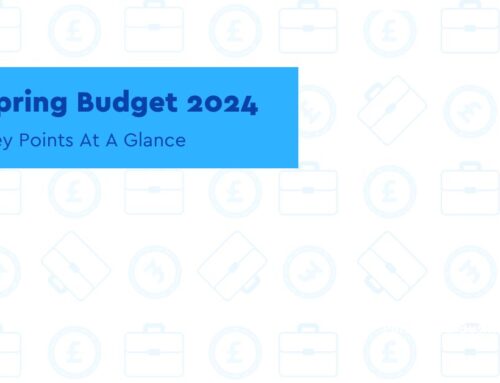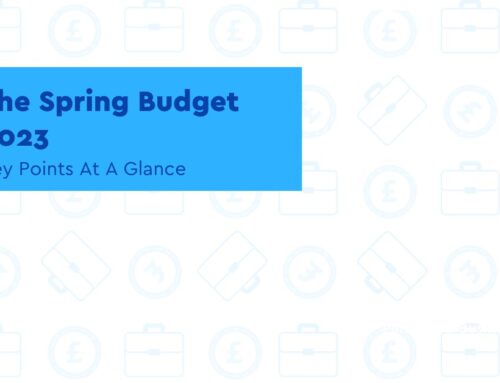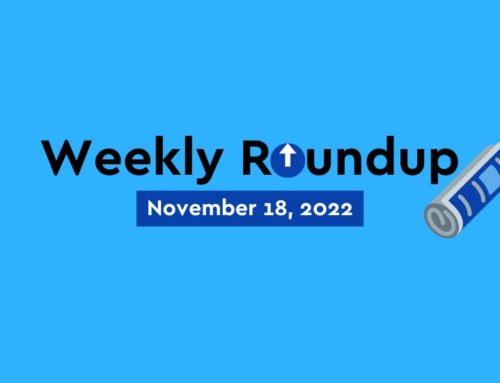October 9, 2020
Hello and welcome to our weekly wrap. This week we’ve rounded up the latest news that impacts you, including recent Government guidance and Treasury updates, business and trade insights and grant news across the UK nations.
Treasury issues Job Retention Bonus Guidance
The Treasury has attempted to clarify how businesses can claim the Job Retention Bonus from next year.
The bonus will work alongside the new Job Support Scheme, which was introduced to continue to support jobs through the UK’s economic recovery from the Covid-19 pandemic and help employers retain as many employees placed on furlough as possible.
The bonus could be worth more than 60% of average wages of workers who have been furloughed and are kept on until the start of February 2021.
You will be able to claim it between February 15, 2021 and March 31, 2021.
The £1000 Job Retention Bonus is equal to a 20% wage subsidy for the employment costs of the average person previously furloughed, but for those on lower incomes, it equates to 40% of wage costs over the three-month period to the end of January 2021.
You can claim for employees that:
- You made an eligible claim for under the Coronavirus Job Retention Scheme
- You kept continuously employed from the end of the claim period of your last
Coronavirus Job Retention Scheme claim for them, until January 31, 2021
- Are not serving a contractual or statutory notice period for you on January 31, 2021(this includes people serving notice of retirement)
- You paid enough an amount in each relevant tax month and enough to meet the Job Retention Bonus minimum income threshold
If HMRC are still checking your Coronavirus Job Retention Scheme claims, you can still claim the Job Retention Bonus but your payment may be delayed until those checks are completed.
HMRC will not pay the bonus if you made an incorrect Coronavirus Job Retention Scheme claim and your employee was not eligible for the Coronavirus Job Retention Scheme.
To be eligible for the bonus you must make sure that your employees have been paid at least the minimum income threshold, therefore, you must pay your employee a total of at least £1,560 (gross) throughout each of the tax months from November 6 to February 5.
Chancellor promises to ‘balance books’ amid pandemic
Chancellor Rishi Sunak has said there will be ‘hard choices’ to come as he attempts to balance the books in the wake of the COVID-19 crisis.
In an online speech addressing Conservative party members, Sunak said he could not continue to ‘borrow our way out of a hole’, but promised the ‘overwhelming might of the British state’ was to be used to help as many people as possible.
Sunak, who postponed the Autumn Budget until next spring due to the uncertainty of the coronavirus pandemic, hinted at possible tax rises to support the economy.
Between April and August 2020, the UK Government borrowed £173.7bn to fund coronavirus-related support schemes, £146.9bn more than the same period last year.
Total UK debt also passed £2 trillion for the first time in history in August 2020.
Sunak said: ‘We have a responsibility to future generations to leave the public finances strong.
‘If instead we argue there is no limit on what we can spend, that we can simply borrow our way out of any hole, what is the point in us? I have never pretended there is some easy cost-free answer. Hard choices are everywhere.’
Government outlines new plans for Freeports to turbo-charge post-Brexit trade
The Government has published details of how it will create a number of new Freeports across the UK to create jobs, drive investment and regenerate communities.
The idea is for Freeports to be created across the nation to help drive Britain’s post-Brexit growth and attract major domestic and international investment. The hubs of enterprise will allow places to carry out business inside a country’s land border but where different customs rules apply.
It is expected that the Freeports will benefit from streamlined planning processes to aid brownfield redevelopment, a package of tax reliefs to help drive jobs, growth and innovation and simplified customs procedures and duty suspensions on goods.







